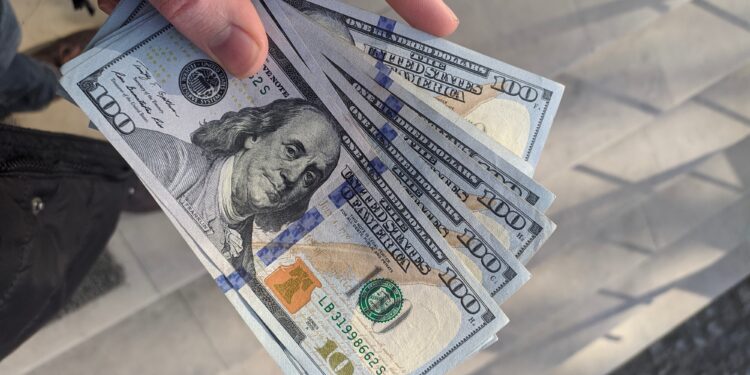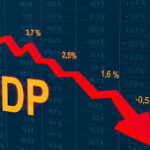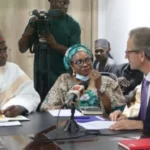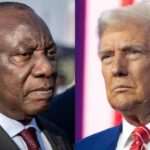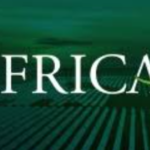Nigeria has raised $2.2 billion in its latest Eurobond auction, attracting more than 300% subscription
The bid, which initially targeted $2.2 billion, was oversubscribed by 309%, with bids from several foreign countries totalling $9 billion. The coupon and yield on the bonds are 9.625% for the 6.5-year bonds due in 2031 and 2034, and 10.375% for the 10-year bonds, respectively.
The over 300% subscription in the Eurobond indicates growing investors interest in Nigerian government securities. It is also a major boost for the government in its quest for alternative ways of addressing the 2024 budget deficit.
The West African country, returning to the global economy for the first time since 2022, announced two deals to finance its 2024 budget deficit and support the government’s fiscal needs.
- Advertisement -
“The transaction attracted a peak order book of more than US$9.0 billion. This underscores the strong support for the transaction across geography and investor class,” Nigeria’s Debt Management office said in a statement
The Nigerian government raised $700 million in short-term bonds and $1.5 billion in long-term bonds. The Financial Services Office records the needs of fund managers, insurance and pension funds, hedge funds, banks and other financial institutions.
Africa’s largest producer remains highly credit-rated, with Fitch Ratings ratings at B- (good), S&P Global Ratings ratings at B- (stable) and Moody’s ratings at Caa1 (good).
“This outcome underscores the growing confidence of investors and the resilience of Nigeria’s credit, and evidence of our improved liquidity position and continued access to international markets to support the financing needs of the government,” Olayemi Cardoso, Governor of the Central Bank of Nigeria (CBN) said in the statement.
Nigeria’s budget is currently facing a record deficit of N4.6 trillion, or 7.6% of the country’s GDP, due to declining and inadequate tax collection.
- Advertisement -
The CBN has been aggressive in its monetary policy, maintaining a neutral position to avoid inflation and exchange rate shocks. The current government, led by Bola Ahmed Tinubu, has devalued the naira and cut fuel subsidies to boost economic growth and boost public finances.




